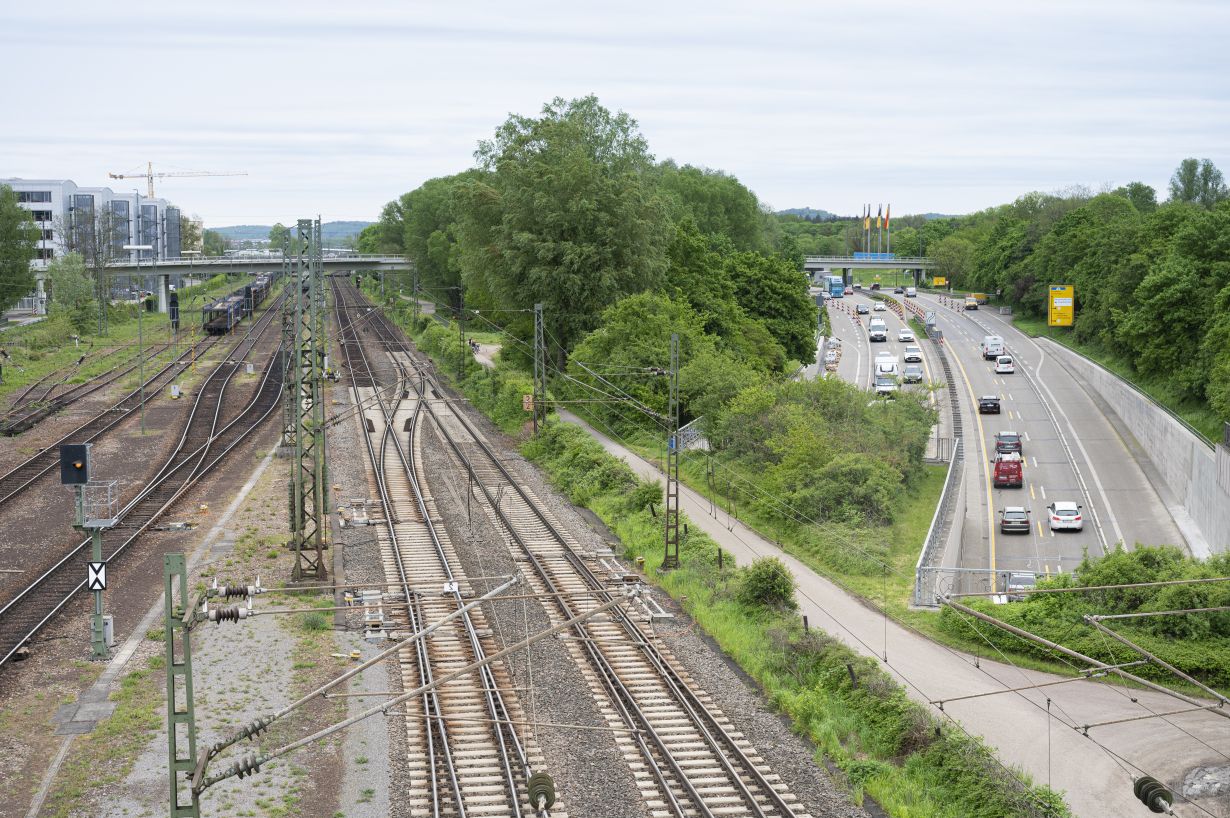
Whether planning a train journey or navigating on the motorway, users of mobility services leave data behind. The Karlsruhe Institute of Technology (KIT) is a member of the competence cluster Anonymisation for Networked Mobility Systems (ANYMOS), which focuses on how researchers can collect and use this data while guaranteeing the anonymity of the users. Together with TRIANGEL Transfer | Kultur | Raum, the consortium is offering insights into its research at Karlsruhe's Kronenplatz from 5 to 9 November 2024: in lectures, discussion rounds, hands-on activities and a programme for schoolchildren. Admission to all Knowledge Week events is free.
Data from users of mobility systems is particularly important for their providers, for example to adapt services to demand. At the same time, the data should be processed in a secure and transparent way. The relationship between data collection and anonymisation is one of the topics that ANYMOS wants to present to the visitors of the Knowledge Week.
About the ANYMOS competence cluster
The long-term goal of the ANYMOS researchers is to reduce uncertainties regarding data protection regulations when sharing and using data and to advance Germany in the areas of automotive and public transport in the field of data-driven innovations. To this end, the scientists want to identify the needs and possibilities of anonymisation in the field of mobility, select suitable anonymisation methods accordingly and apply them correctly.






